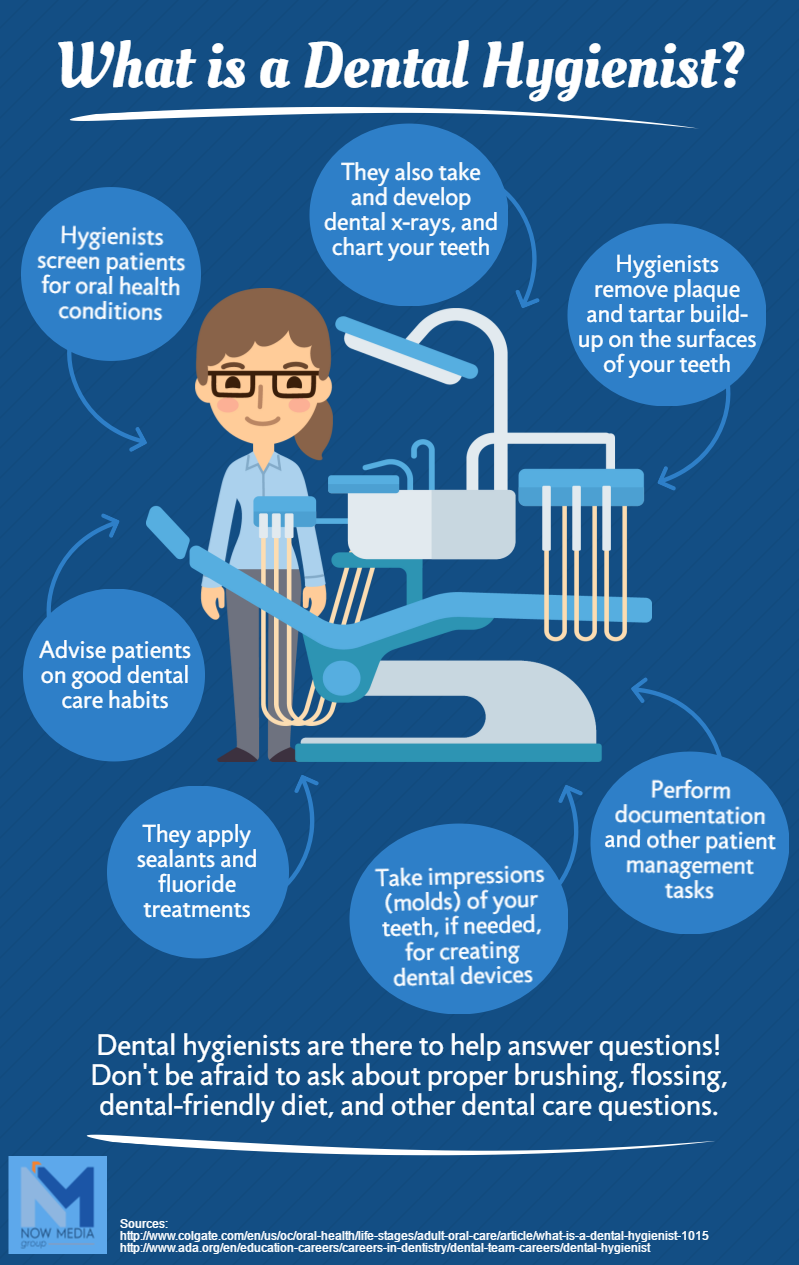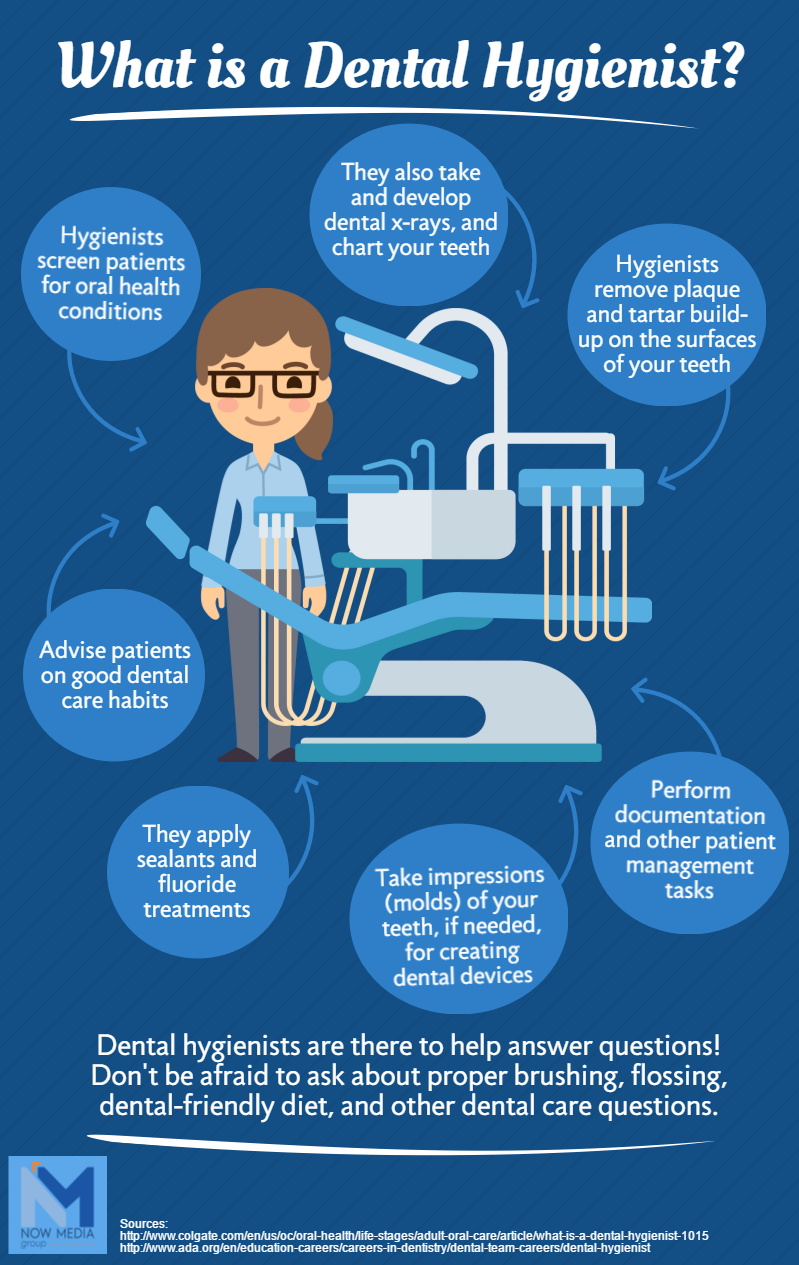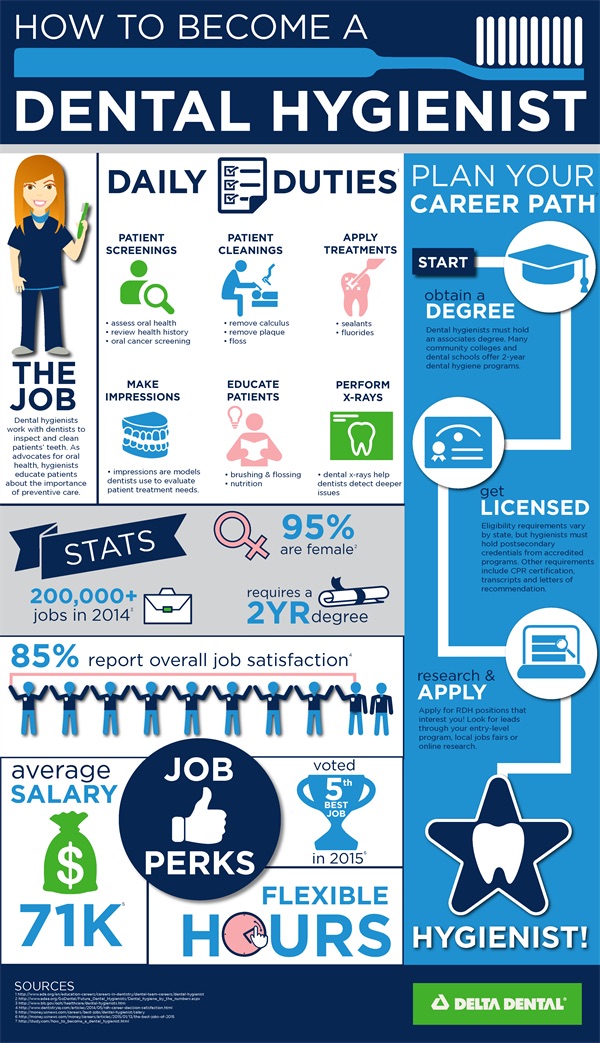“`html
Essential Guide to How to Become a Dental Hygienist in 2025
Are you considering a career as a dental hygienist? The role is crucial in maintaining oral health and supporting patient education. In this guide, we’ll cover the essential steps, required dental hygiene programs, and what to expect in your journey towards becoming a dental hygiene professional by 2025.

Dental Hygiene Programs and Education
To become a successful dental hygienist, you need to enroll in accredited dental hygiene schools. These programs typically cover a myriad of topics such as dental procedures, patient assessment, and hygiene techniques. Also, students receive hands-on training using various dental instruments that prepare them for real-life practice.
Choosing the Right Dental Hygiene School
When selecting a dental hygiene school, consider aspects like the school’s accreditation, success rates in licensure exams, and available resources. Look for programs that offer a comprehensive dental hygiene curriculum focusing on preventive care and technical skills. Visit local schools’ open houses and engage with students and faculty to ascertain which is ideal for you. Additionally, networking and involvement in dental research initiatives can significantly enhance your educational experience.
The Importance of Hands-On Training
Hands-on training is a vital component of your education in dental hygiene. Programs often have partnerships with local dental offices enabling students to perform practical tasks that include teeth cleaning and periodontal disease management in real-world scenarios. This exposure also improves your communication skills and confidence in a clinical setting. Participation in clinical experiences will help you develop effective hygiene techniques and instill a patient-centered approach.
Licensure Requirements and Exams
After completing a dental hygiene program, aspiring hygienists must navigate licensure requirements specific to their state. This process includes passing national and state licensing exams that assess your knowledge and skills in dental care, dental health assessments, and ethical practices within the profession.
Navigating State Regulations
Every state has unique regulations regarding the practice of dental hygiene, which includes the required tests and additional courses pertaining to infection control and continuing education. Familiarize yourself with the state regulations governing your area to comprehend what is required for your licensure and future job prospects in dental hygiene.
Benefits of Continuing Education
Continuing education is fundamental in the ever-evolving field of dental hygiene. Attending workshops, conferences, and obtaining further certifications offers an avenue for career advancement. These can help you stay abreast of the latest dental health trends, technological advancements, and public health initiatives, ultimately enhancing your patient education practices and responsibilities.
Career Prospects and Job Responsibilities
Upon licensure, you can explore numerous employment opportunities within the dental hygiene field. We will discuss typical job responsibilities and how they evolve as you gain experience in the field.
Understanding Job Responsibilities
As a dental hygienist, expect to perform various duties that include conducting dental examinations, plaque removal, and applying fluoride treatment. Furthermore, you will be integral in educating patients on oral hygiene techniques and the importance of regular dental visits for maintaining gum health. Mastering these responsibilities opens opportunities in different settings, such as private practices, community health organizations, or even educational institutions.
Career Advancement Opportunities
Many professional paths await you in the dental hygiene field with the chance to specialize in areas like dental technology or become a supervisor in dental office management. Joining professional organizations for dental hygienists can provide networking opportunities, access to job postings, and have an active role in community outreach.
Essential Skills for Success in Dental Hygiene
Success as a dental hygienist requires a blend of technical skills and interpersonal capabilities. The mix of clinical expertise and the ability to communicate effectively with patients is vital for advancing your career.
Developing Essential Communication Skills
Patients often feel anxious about dental visits. Therefore, having strong communication skills is essential for easing their concerns through effective patient interaction. Additionally, mastering public speaking and patient education enhances the overall dental experience while promoting patient engagement and compliance.
Specialization and Continuing Professional Development
Pursuing a specialization can provide a distinctive edge in the dental hygiene landscape. Whether it’s working in public health, community outreach programs, or specializing in treatment plans for managing chronic diseases in patients, furthering your skills through additional certifications and continued education will increase your job satisfaction and professional impact.
Key Takeaways
- Enroll in accredited dental hygiene programs that ensure comprehensive education and hands-on training.
- Understand and comply with state licensure requirements, including passing essential exams.
- Stay engaged in your professional development through continuing education and attending relevant workshops or conferences.
- Build effective communication skills to foster a supportive environment for patient education and care.
- Explore specialization options to enhance career growth opportunities in dental hygiene.

FAQ
1. What are the main duties of a dental hygienist?
The primary duties of a dental hygienist involve conducting thorough dental examinations, performing routine teeth cleaning, and educating patients about oral health and hygiene. They play a vital role in assessing patients’ oral cavity health and providing recommendations for treatment plans to prevent dental diseases.
2. How long does it take to complete a dental hygiene program?
Typically, obtaining an associate degree in dental hygiene takes about 2-3 years, while bachelor’s degree programs typically span 4 years. Enrolling in dental hygiene programs that offer accelerated options can also reduce the duration of your study.
3. What are the salary expectations for dental hygienists?
The salary for dental hygienists varies based on location, experience, and the type of dental practice. As of 2023, the median salary is around $77,000 annually in the U.S., but it can range higher in urban settings or specialized practices.
4. Can I pursue further education after becoming a dental hygienist?
Absolutely! Many dental hygienists choose to further their education, earning bachelor’s or master’s degrees, or obtaining certifications in areas such as dental public health or education. Continuing education is vital for maintaining licensure and advancing a dental career.
5. How can I find job opportunities in dental hygiene?
Job opportunities can be found through various job boards, recruiting agencies, or dental associations. Networking through professional workshops, industry conferences, and community outreach programs can also yield valuable connections leading to employment.
“`
